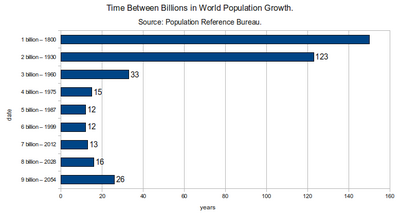How was the medieval korean society structured?
While we don't know exactly when the Middle Ages were, it is often said to be from the fifth century until the beginning of modern times, when the Western Empire collapsed and the Great migration of the German people in European history. In Korea, it starts with the mid- to late-30s of the Three Kingdoms Period, where Goguryeo, Baekje, and Silla existed. Perhaps the end was the Unified Silla, which passed the Goryeo Dynasty and was in the early Joseon Dynasty. Therefore, it was basically a society where kings existed, considering the Korean society of Unified Silla and Goryeo, which existed during the Middle Ages. People were able to get into government service according to their talents and status. There were times when the powers of bureaucrats were reduced to strengthen the royal authority, but there were times when bureaucrats ruled the king with all their power. The throne was largely handed over to his son. The status of the aristocrats is the same. The children of the aristocracy were the children of the common people, and the children of slaves were the children of slaves. There were cases of the aristocrats collapsing, but most of the posts were handed over to their sons. As for this status, the Joseon Dynasty changed a little. On the authority of women and men, there is also a statement that unlike the Unified Silla Period, women's power was strong during the Goryeo Dynasty.















